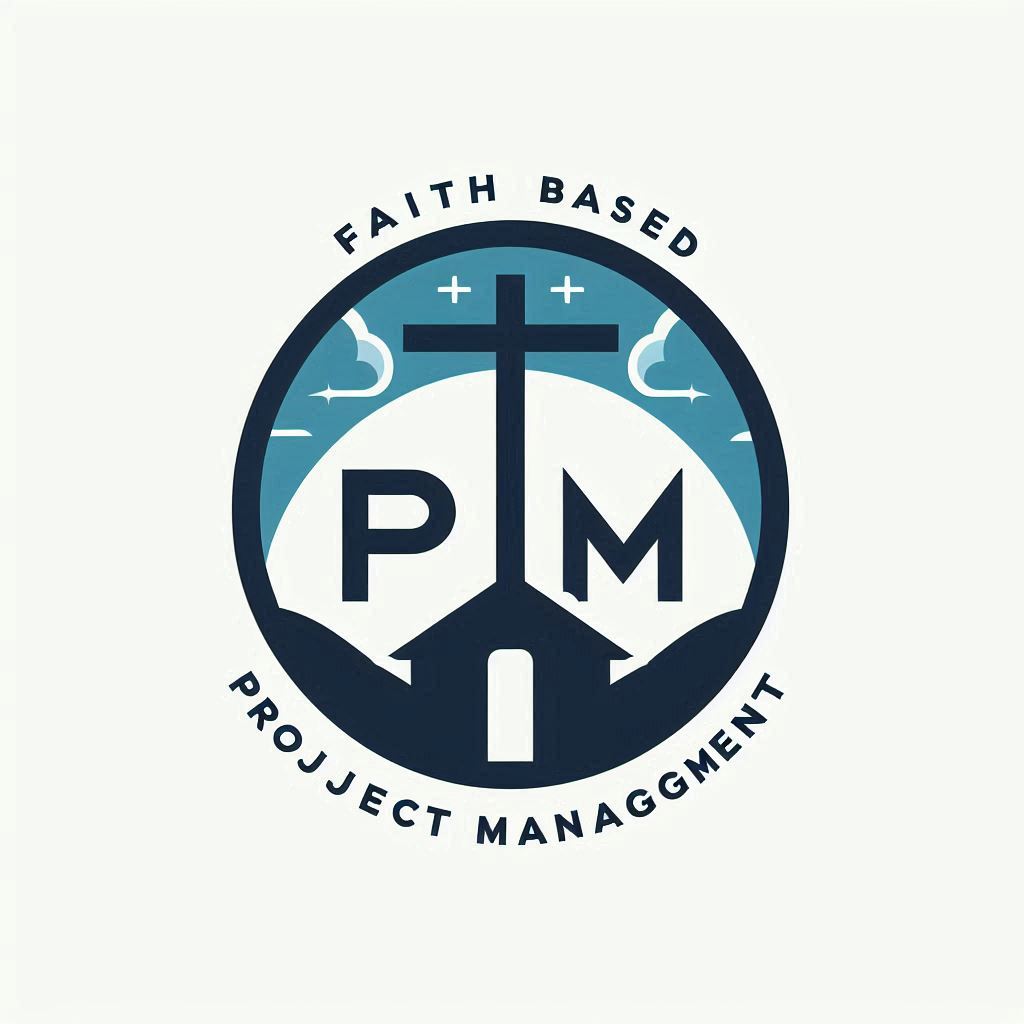Lets start off with simple basic definitions. Project management boils down to organizing tasks, resources, and people to get to a particular goal. Imagine you’re planning a community event—you need a venue, people to run it, and a checklist of activities. That’s project management, just making sure everything and everyone is aligned towards achieving what you set out to do.
The term ‘faith-based’ refers to actions or initiatives that are rooted in spiritual beliefs and guided by ethical guidelines from religious traditions. It’s like having a moral compass or spiritual values steering the direction of your initiatives.
When you Blend these two ideas, you get faith-based project management. Basically, it means applying project management principles with a framework of faith and values in mind. You’re not just managing a project; you’re infusing it with ethical considerations, social justice, and spiritual principles at every phase—right from planning and implementing to monitoring and evaluating.
One of the key parts is how it integrates qualities like ethics, social justice, and spiritual principles throughout the project lifecycle. It’s making sure every step respects these elements, providing more than just structural or financial success but aligning with bigger spiritual or moral objectives.
Where it differs from secular project management is in its dedication to incorporating faith-driven values and ethical considerations. It’s like the difference between a standard blueprint and one that’s customized with intricate designs that reflect deeper meanings and messages.
In real terms, imagine a faith group managing a charity initiative. They’re not just thinking about financial costs and logistical hurdles. They’re aligning the project with their faith’s principles, like ensuring fairness, justice, and community benefit, which may affect every choice they make from start to finish.
